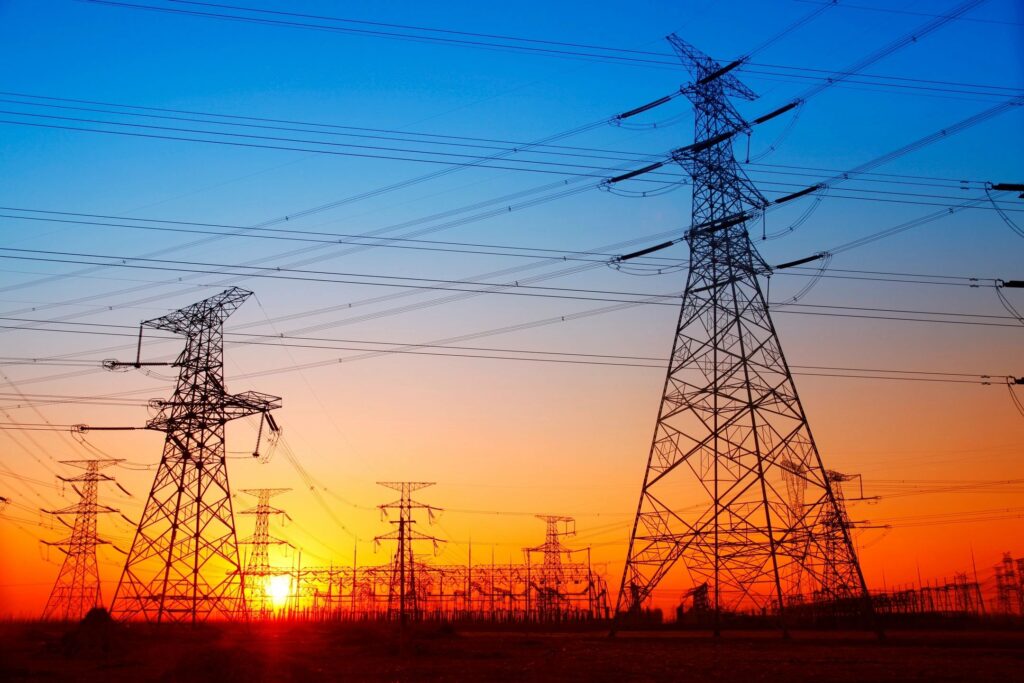
ATLANTA – Environmental and solar industry advocates asked Georgia energy regulators Thursday to reduce the upper limit on profits Georgia Power will be allowed to earn and force the utility to pursue solar energy more aggressively.
Georgia Power’s so-called “earnings band” and how to implement two of the utility’s solar power programs were the only issues left unresolved by an agreement on a proposed rate increase the utility reached Wednesday with the state Public Service Commission’s (PSC) Public Interest Advocacy Staff.
The settlement, which the commission will vote on next week, would reduce the rate hike Georgia Power requested in June by 40%, from $2.9 billion to about $1.8 billion. It also would lower the portion of the three-year increase due to take effect in January from $14.90 per month for the average residential customer to $3.60.
The agreement also calls for reducing Georgia Power’s return on equity (ROE) from the 11% the company requested to 10.5%, still a percentage point above the national average ROE for utilities of 9.5%.
However, the PSC staff rejected Georgia Power’s proposal to set the upper limit of the earnings band – the range within which the utility can earn profits for its shareholders without sharing them with customers – at 12%. Instead, the staff recommended the commission set that upper limit at 11.5%.
Lowering that upper limit on the ROE would be a timely step to help customers absorb a series of rate increases Georgia Power will be seeking soon to cover not only base rates but higher fuels costs and the costs of bringing the Plant Vogtle nuclear expansion into service, said Dan Walsh, a lawyer for the commission staff.
“This is an opportunity for the commission to offer some relief to customers who still stand to face substantial rate increases over the next year,” he said.
“We are facing a perfect storm of rate increases,” Clay Jones, a lawyer for the Georgia Association of Manufacturers, added in support of the staff’s position on the lower earnings band. “We are concerned about it from a business perspective but also from the perspective of all ratepayers … people who work for our companies.”
But Georgia Power lawyer Brandon Marzo said the utility has been earning 12% ROE at the top of the band since 2013, giving the utility flexibility to weather difficult times.
“Retaining the top end of the band at 12% has allowed the company to manage … the pandemic, inflation, supply chain and labor market pressures, and changing investor expectations,” he said.
Representatives of environmental groups and the solar energy industry that filed as intervenors in the rate case complained Thursday that Georgia Power is falling behind in pursuing solar energy. Specifically, they called on the PSC to force the utility to expand its rooftop solar pilot program, which is capped at 5,000 customers, and offer participants in its Community Solar Program higher compensation to stimulate participation.
“It’s up to you to decide if Georgians can use their own property to generate their own electricity using their own resources and get fair compensation for energy passed back to the grid,” said Don Moreland, policy chairman for the Georgia Solar Energy Association.
But Marzo argued that paying rooftop solar installers what they’re seeking would cause cross-subsidization, with customers not participating in the pilot program subsidizing participants.
Georgia Power did draw support from intervenors for some of what it was seeking in the rate hike. Alicia Brown, representing the Georgia Coalition of Local Governments, asked the PSC to restore the full $81 million the utility requested for its Make Ready Program, a series of investments in electric vehicle infrastructure. The agreement approved Wednesday would reduce that funding by 75%.
The settlement also trimmed Georgia Power’s Grid Investment Program by 40% and reduced the operating and maintenance expenses it will be allowed to recover by $180 million.
At one point in Thursday’s lengthy discussion, Commissioner Lauren “Bubba” McDonald asked Marzo how Georgia Power could settle for a 40% reduction in its rate hike request.
“We did not give up the farm,” Marzo answered. “We can still operate and do things for our customers that we think are important. But there are investments we will not be making because of this [agreement].”
This story is available through a news partnership with Capitol Beat News Service, a project of the Georgia Press Educational Foundation.
